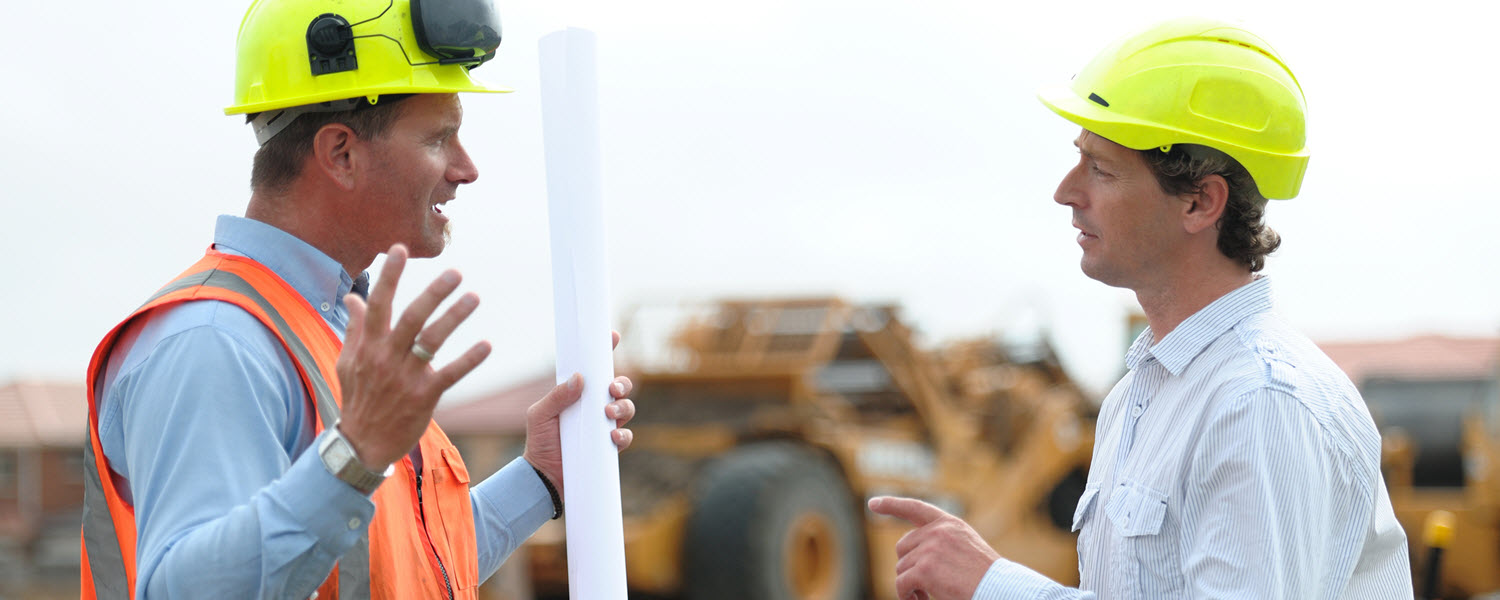How to deal with a construction dispute
Construction disputes can be incredibly costly, easily running into six figures and causing huge delays that can take years to resolve. The process of dealing with construction disputes begins early on, in anticipating potential problems and ensuring that conflict doesn’t escalate.
Understand how construction disputes arise
The most common causes of construction disputes shed light onto the potential flashpoints for your project in future:
- Payments that aren’t made on time or aren’t made at all
- Delays – sometimes damages may be payable for delays if one party is at fault
- Defective work – this may not be discovered until years after the event so disputes can take time to arise
- Not allowing a contractor on site to remedy defects – if there is a problem the first solution should be to allow its remedy
- Professional negligence – where the project has been carried out without due skill and care
Take legal advice as soon as you can
Due to the speed at which construction disputes can escalate, and the costs that can be incurred, legal advice early on can actually prove cheaper in the long run. Legal support can help to bring a dispute to a close before documents have even been served, for example, and can provide an objective perspective on the best next steps to take.
Talk to the other party involved
One of the fastest ways to deal with a construction dispute is to get everyone involved around a table. It’s easy for a message to get lost via email and phone conversations can be contentious. However, if everyone is able to sit down together and talk honestly about the issues, why they arose and what solutions are desired then a resolution can often be found.
Gathering evidence
If informal discussions don’t produce any results then it’s important to make sure that you have the basic evidence to start proving your case. If there hasn’t been any written correspondence about the issue yet then now is the time to put it in writing. This will assist with both establishing a timeline and what actions were taken. Take photos of any problems that could serve as evidence of the disputed issue and gather work records, notes and diaries to support your arguments. Keep all your receipts and invoices and make some notes, for your own references, on what happened and when.
Mediation and adjudication
Before you get to a court situation there are still opportunities to resolve a construction dispute in a less costly way. Mediation, for example, is a confidential process where parties bear their own costs and an expert third party is brought in to make a binding decision. Adjudication is another option – a swift and confidential process that produces a decision within 28 days that can be enforced by a court order by the successful party.
Court claims
If a construction dispute reaches the stage of court action then there is a Pre-Action Protocol for Construction and Engineering disputes that must be followed. It’s very important to take legal advice at this stage, if you haven’t already, both to try to reduce the length of the dispute and to make sure you’re meeting litigation requirements. It’s worth bearing in mind that court action should be a last resort, particularly as up to 70% of the other side’s costs may be awarded against you if you lose.
To arrange a free initial consultation call John Sim or Richard Moore on 01539 723 757.
